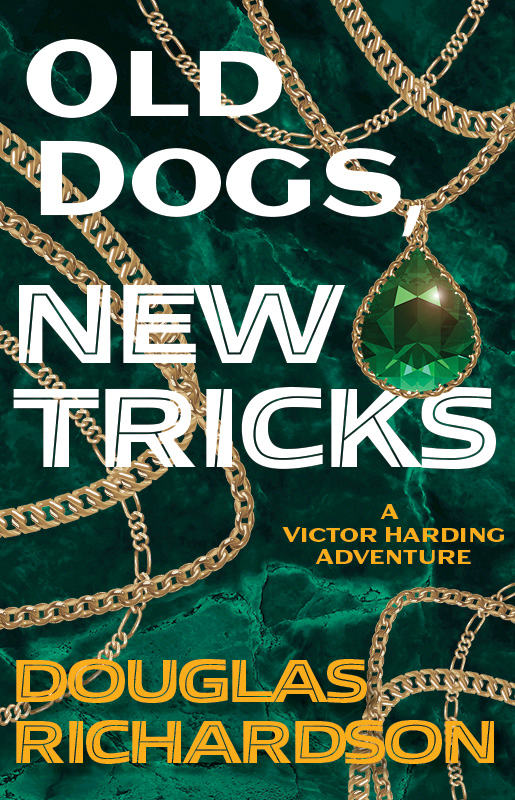Booklife Review

Despite the fantastical luck of that discovery, Richardson’s novel is refreshingly down-to-Earth, dramatizing in crisp, controlled language the nuts and bolts of fencing, money-laundering, and other crimes, while also developing engaging relationships between the core cast. A family reunion in the novel's middle diminishes momentum, setting up not just this book but a series, but the characters are interesting enough to keep the pages turning. The suspense comes from the excitement of a criminal enterprise with uneasy alliances—and from the complicating factor of Victor’s chatting-over-drinks friendship with the local sheriff. (Readers hungry for shootouts should look elsewhere.) Especially interesting are the logistics and legalities of moving the sundry hot items, from jewelry to Persian rugs to a McLaren 720S once owned by Jay Leno.
Richardson savvily delineates the changing culture of his milieu, with attention to the experiences of non-white characters in a mostly white region where residents grumble about “Replacement Theory.” That thoughtful sympathy does not extend to the “lunkheaded” white yardman Odell, however, who is described in puzzlingly dehumanizing language, a sour note in an otherwise empathetic novel whose criminal heroes are generally likable, the sort to start a non-profit artists collective as part of their scheming.
Takeaway: Smart crime story of the realities of fencing and liquidating a treasure.
Comparable Titles: Thomas Morgan’s Marinated Money, Brian Selfon’s The Nightworkers.
Production grades
Cover: B+
Design and typography: A
Illustrations: N/A
Editing: B
Marketing copy: A


